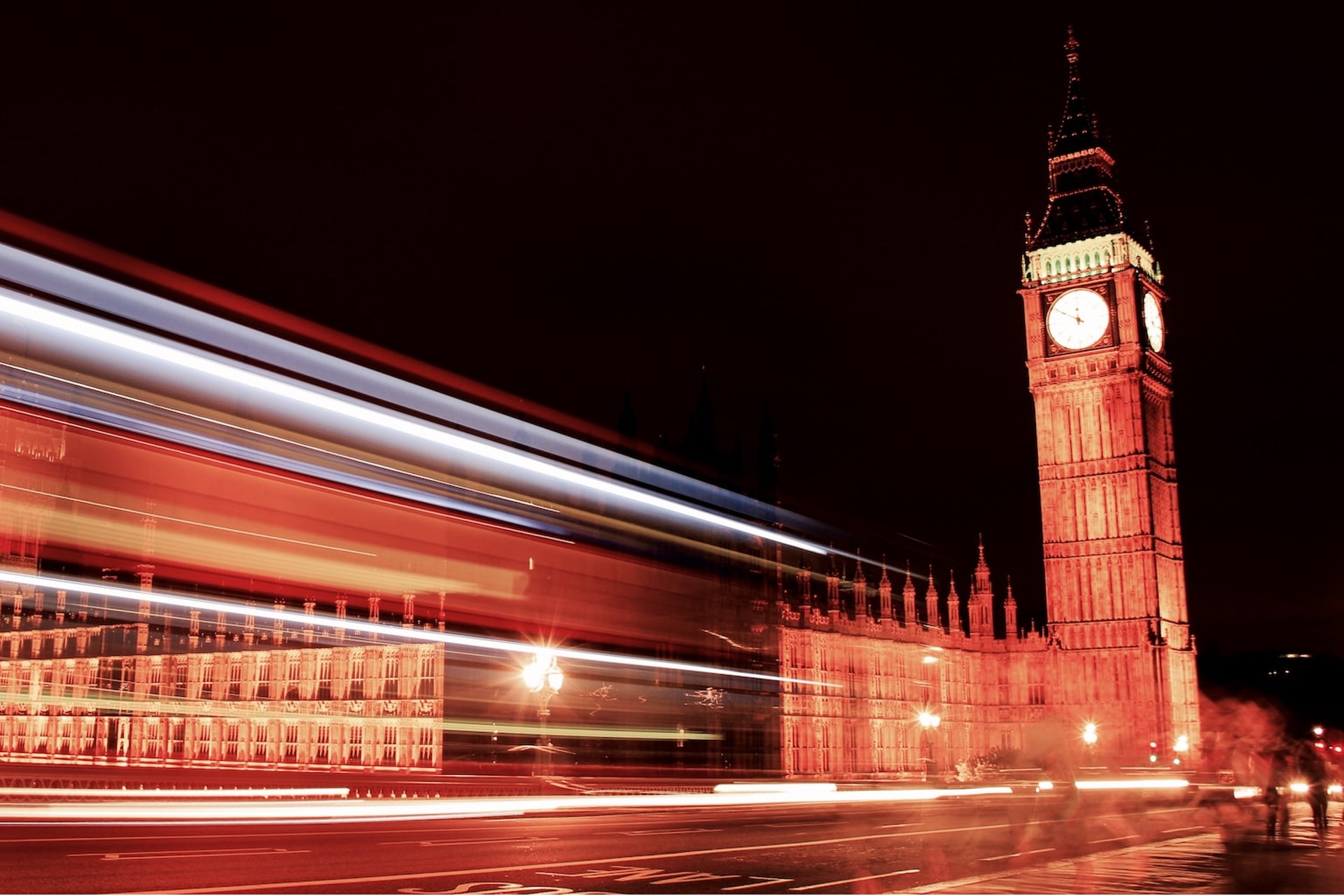BEIS is gone, long live The Department for Energy Security and Net Zero. The BBC reports that Prime Minister Rishi Sunak has appointed Grant Shapps as the new Energy and Net Zero Secretary in a shake-up of government departments.
The former BEIS department, which covered business and energy, has been broken up as part of the reorganisation.
The government stance
The new Department for Energy Security and Net Zero has been tasked with securing our long–term energy supply, bringing down bills and halving inflation.
The move recognises the significant impact rising prices have had on households across the country as a result of Putin’s illegal war in Ukraine, and the need to secure more energy from domestic nuclear and renewable sources as we seize the opportunities of net zero.
So far, potentially so good. But this doesn’t demonstrably justify the need to dismantle an existing Department, realign positions, desks and everything else that comes with the package. Perhaps more seriously, low carbon business requires deep attention.
Businesses play a massive role in the UK’s push to net zero. They need to invest long term with the confidence that the low carbon agenda isn’t being confused with a political need to cut bills on the domestic side. It’s unclear as yet whether the move is allowing sufficient capacity to run business policy effectively.
Other food for thought
The BBC says the Institute for Government think tank has estimated the cost of setting up a new government department at £15m, potentially rising to £34m when including loss of productivity as staff adjust to the new organisation.
So, no matter what the need or the justification, this won’t come cheap. Further, opposition parties say reorganising government departments suggests Mr Sunak’s reshuffle is a sign of weakness.
Energy vs political future?
Behind the scenes, analysts are noting that Sunak has for a while been concerned that energy isn’t getting enough attention, and had indeed previously promised a single energy department; so in some respects this is a promise made good.
But Greenpeace UK’s Director of Policy, Doug Parr, told renews.biz that reestablishing a Department for Energy: “Will be as helpful as rearranging the deck chairs on the Titanic,” in the face of spiralling energy costs and intensifying climate disasters.
“It’s government policy and underinvestment that is holding back real action on the climate and energy crises, not the departments or ministers in place,” Parr said.
He added: “Unless a new look Department for Energy is given the freedom and funding to rapidly scale up renewable energy production – both offshore and on – to shore up domestic supply, as well as roll out a nationwide scheme to insulate the tens of millions of energy-wasting homes across the country, what’s the point?”
Under the skin
Some analysts at edie think the change implies that Sunak may well be heeding the warnings made by Chris Skidmore MP through his Net Zero Review, which concluded that the UK government’s current approach is neither sufficient to deliver steep enough emissions cuts nor laid out well to reap and share the social and economic benefits of the transition.
Remember, the government is legally required to update its flagship Net Zero Strategy by the end of March.
Getting it right; long termism
Symbolically, the move back to a dedicated energy and climate change department indicates that net zero will have a louder voice at the cabinet table.
But it’s a massively unwieldy process. What happens to ongoing work? What happens to staffing and expertise? Many stakeholders across the UK are wondering.
Richard Lum, CIO Victory Hill Capital Partners, says: “The last year has shown how vulnerable the UK economy is to energy shocks, an issue that is set to become more complex as we transition away from fossil fuels.
“This new department is an opportunity for the UK to reset its thinking and back the technologies and industries needed to futureproof its economy. Ministers however will need to be careful that UK energy policy and its industrial policy stay joined up to ensure decarbonisation continues to play a central role.
“They also need to maintain an overall sense of ownership between the different briefs as it is not sufficient to only hold energy production to the objectives of net zero but also drive wider industrial transformations if we are to meet our climate goals.”
And, most importantly, will all the upheaval mean anything by the time the next General Election comes and potentially unwinds Sunak’s plans?













